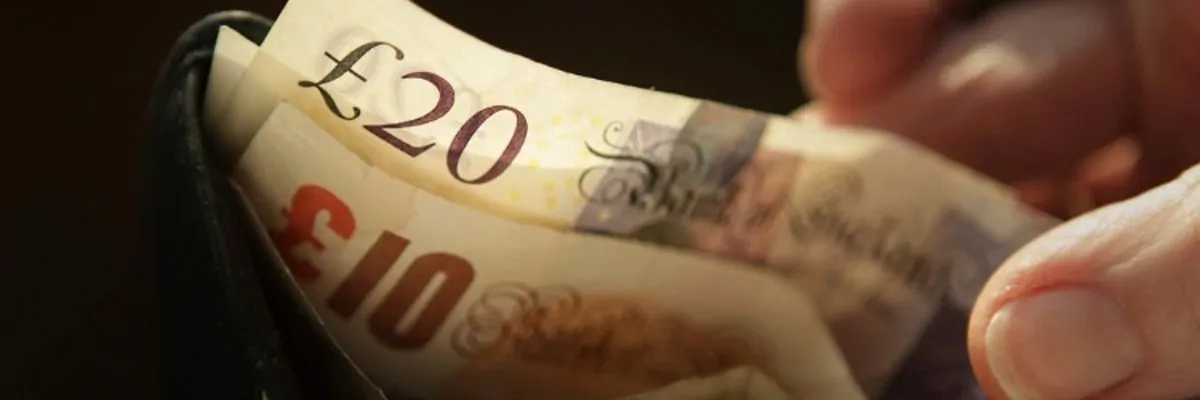
Who needs to complete a self assessment tax return?
14 Sep 2018Over 11.5 million people in the UK need to fill out a self-assessment tax return and submit it to HMRC before the January deadline – are you one of those people?
If you run your own business, completing a tax return is always going to be factored into your annual planning.
However, this group of entrepreneurs aren't the only people who are required to complete a self-assessment tax return. Here, we show you who must submit a tax return, when they must submit it, and the tough consequences people face if they miss their tax return deadline.
A significant number of our clients are self-employed, whether as sole traders or operating as a partnership. We ensure they get excellent service and top quality advice, all with a minimum of fuss and stress, using the best cloud accounting software.
If this sounds of interest, why not get an instant self assessment quote. We are very cost effective, while also offering a high calibre of professionals to advise on more complex accounting or tax issues, problems or opportunities at a strategic level.
Who needs to fill in a tax return?
Specifically, you'll need to fill in a tax return if:
- you're self-employed, a business partner, or director of a limited company
- you're an employee or pensioner with an annual income of £100,000 or more
- you have a pre-tax investment income of £10,000 or more
- you're a 'name' at the Lloyd's of London insurance market
- you're a minister of religion
- you're a trustee or representative of someone who has died
When do HMRC send a tax return?
You'll usually be sent a tax return if:
- you have untaxed income – from investment, land or property, or from overseas
- you make capital gains above the annual exempt amount (£11,300 for 2017-18)
- you were required to fill in a tax return last year
- you're a pensioner over 65 who gets reduced age-related allowance, though you may be sent a special short version that requires fewer details
What to do if you get a tax return
Anyone who receives a self-assessment tax return from HMRC is legally obliged to complete and submit it, either by post or by filing a tax return online.
If you miss the deadline and submit a late tax return, you'll be liable to pay a penalty, and may have to pay interest and surcharges on any tax you owe. The deadline for paper tax returns is 31 October; the deadline for online tax returns is 31 January.
Penalties for late tax returns
It is a well-known fact that tax returns prepared at the last minute are often prepared in haste and more likely to contain errors.
Despite what some may believe, it is the taxpayer who is liable for errors in tax returns, not their accountant. If a penalty is issued for errors, the taxpayer will be the one to pay it.
*Interest is charged on both unpaid tax and unpaid penalties.
Tax returns if your circumstances change
If your circumstances change and you receive new income during the tax year (you start letting property, for example, or you sell a large number of shares), you must let your tax office know by October 5th following the end of the tax year. It will then decide whether you need to complete a tax return.
Avoid paying hefty fines to HMRC by getting in touch with our small business accountants in London and allowing our tax accountants to help you through the self-assessment process.




















